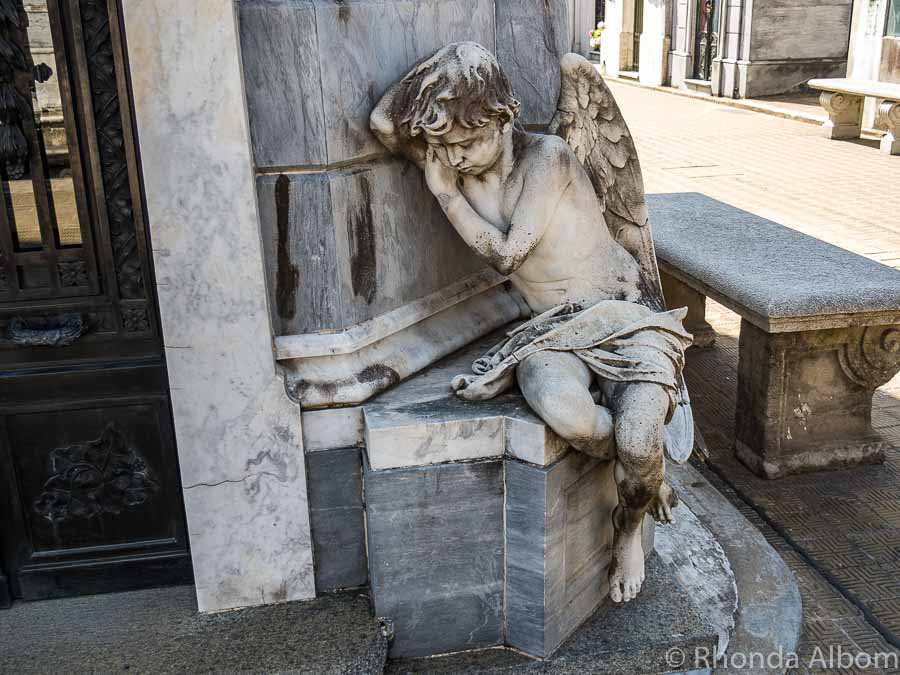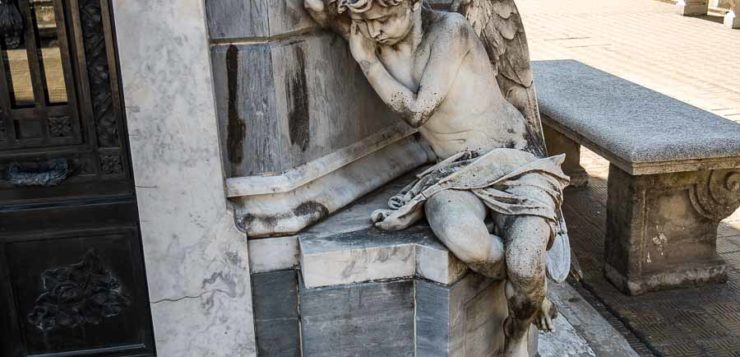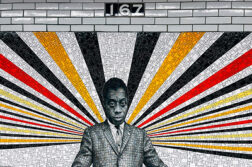
“So, where are you from?”
The question from the young man at the front desk was a typical icebreaker. Mark and I were trying to bide our time until dinner on the last evening of our vacation in Buenos Aires. Mark had chosen to have a massage, while I opted to lounge in the lobby by the front desk, where the handsome attendant was handing out towels and serving drinks. The lighting was diffuse and relaxing. The guy looked to be in his early twenties. Under the arches of thick black eyebrows, his deep, black velvety eyes had a magnetic pull, and the dimples on his cheeks when he smiled were irresistible.
“I am from Italy,” I said.
My answer was partly true. Though I had been born in Italy, I’d lived most of my life in the U.S. But, what with the desaparacidos by the U.S.-backed Argentinian military regime in the ’70s, I opted for safety.
“That’s great!” he replied. “I am studying Italian. Perhaps you could help me with my homework.”
I had noticed that in between clients he was reading and writing. Sure, I would be delighted to help. We switched from English to Italian. I told him I was living in the U.S. He had never visited the U.S., but it was one of his dreams. He wanted to quit this job and study to become a flight attendant; hence his interest in foreign languages. I could think of several other languages more practical than Italian for work in the travel industry.
“I started studying Italian for my boyfriend,” he told me. “He was Argentinian, but his family was from Italy and they spoke some Italian at home.”
So, there was some history here. He used the past tense, but his words still showed affection for this boyfriend. Was he on the rebound from being dumped? I was curious but did not probe beyond what he was willing to share.
“How did you like Buenos Aires?” he asked.
Of course I loved it. I recounted our adventures at the usual tourist places, including the tomb of Evita Peron in the cemetery of Recoleta, near our hotel. Somehow going through a cemetery seemed perfect for the season. We had left the U.S. with trees starting to sprout new leaves, while in Argentina the plane trees lining the avenues had already started to shed their leaves. Finally Mark reappeared. “I had a great massage, do you want to have one too?”
“No,” I answered. “I think I’ll pass. Do you want to keep looking around the place?”
Mark noticed the guy behind the desk, drew his own conclusions, and left to spend some more time sniffing around.
We resumed our banter as if it had never been interrupted. No, he had not broken up with his boyfriend, who had been the love of his life. After living together for a few years, he had died of an acute leukemia in his mid-thirties three months earlier. The death had made him reconsider many things, including whether to continue with this job, which his boyfriend had always hated. Work in the airline industry sounded like a great opportunity for new beginnings and adventures, and for putting the sadness of the last months behind. But, he confided, it would not be easy in a country cursed with inflation and the resulting turmoil. All young people were desperate to find jobs or move abroad.
Speaking in Italian gave us a sense of complicity. Our conversation was periodically interrupted by clients who needed a new towel or drinks or, I was certain, to flirt with the handsome attendant. He responded courteously and gave them a smile before returning to my corner of the desk. What was going on here? Was he really only interested in practicing Italian? Was he hoping to find a sugar daddy to sponsor his studies? Could he be attracted physically? Despite keeping myself in good shape, I was undeniably in my late forites. Mark reappeared, satisfied after a shower, and we were both ready to go. On the way out, the attendant smiled at me one last time and discreetly handed me a piece of paper with his phone number.
“I would like to see you again,” he said.
“My flight is tomorrow afternoon.”
“Let’s have a coffee in the morning?” he offered.
We agreed to meet at 11 o’clock the next day at a café’ in his neighborhood, Palermo.
I arrived at the coffee shop early. From my table I could keep an eye on the entrance. Would he really come? But there he was. People turned around to look at his beaming face. We drank a coffee, but he seemed to be in a hurry; I wondered whether he had only come out of politeness.
“Would you like to come to my apartment?” he asked “It’s nearby, and we can walk there.”
The invitation caught me by surprise, but I answered: “Of course”
His apartment was modest but clean and bright. He put on some music while I was looking around. On a low table were some framed photographs, among them one of a handsome young man smiling at the camera, oddly familiar.
“Who is this one?” I asked.
“My boyfriend.”
I looked more closely, and then I suddenly realized it: the guy looked like me when I was my thirties. The resemblance was uncanny. Finally it all made sense, but before I could say anything, his hands and his lips were on me, hugging, kissing, pulling my clothes off with fury and passion, dragging me to his bed while talking in a fast and plaintive Argentinian Spanish. I could not make out what he was saying, but it didn’t matter: he was not talking to me.
I cried in the taxi on the way back to the hotel, and I cried more on the flight back home.
Though I never went back to Buenos Aires, that was not the last time that I would see him. But that’s a story for another time.

Alessandro Ghidini is a physician born and raised in Italy. Although he has published extensively in the scientific literature, this is his first short essay. He lives in Washington, DC with his husband. In his free time he enjoys ballroom dancing and piano playing.






